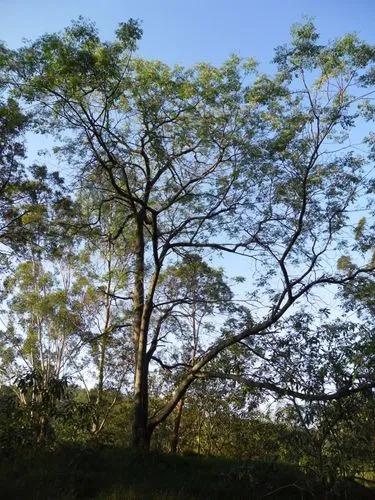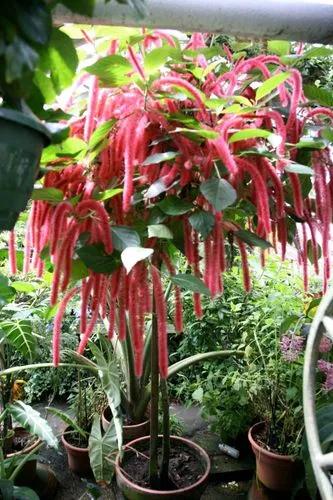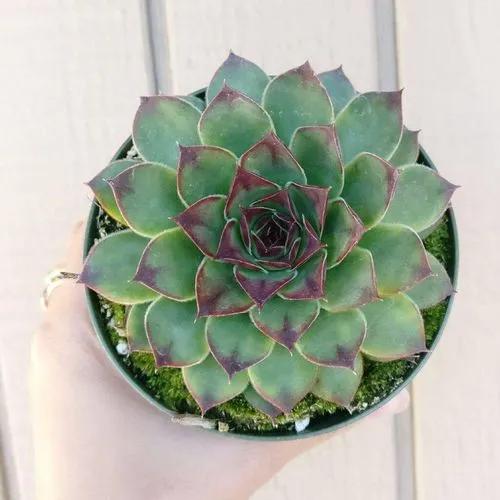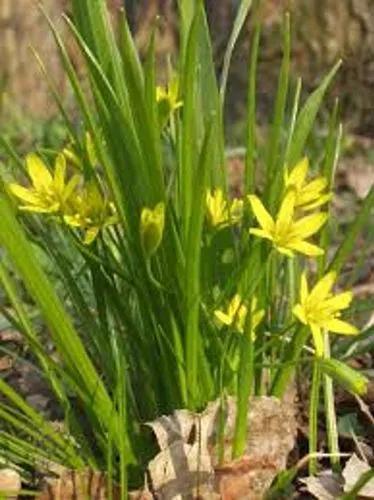Baccharis pilularis, called coyote brush, chaparral broom, and bush baccharis, is a shrub in the daisy family native to California, Oregon, Washington, and Baja California. Coyote Brush is extremely easy to grow in landscape applications.
Coyote brush Care
Baccharis pilularis



The Baccharis pilularis shrub is generally smaller than 3 metres (9.8 ft) in height. Erect plants are generally mixed (and intergrade completely) with prostrate plants. It is glabrous and generally sticky. It is cultivated as an ornamental plant, and used frequently in drought tolerant, native plant, and wildlife gardens, and in natural landscaping and habitat restoration projects. The cultivar ground cover selections have various qualities of height and spread, leaf colors, and textures. The upright forms are useful for hedges and fence lines, and year-round foliage. In California grasslands, it comes in late and invades and increases in the absence of fire or grazing. Coyote bush invasion of grasslands is important because it helps the establishment of other coastal sage species.
How to Care for the Plant

Water

Frequent watering in needed until the plant is established. Once the plant is situated, however, you don’t need to water it except in the most severe droughts.

Sunlight

Coyote bush needs a spot in full sun.

Soil

Provided soils are moderately to heavily coarse, the plant can perform well in a variety of situations.

Temperature

The plant is cold hardy to −12.2°C (10°F).

Popularity

490 people already have this plant 40 people have added this plant to their wishlists
Discover more plants with the list below
Popular articles






